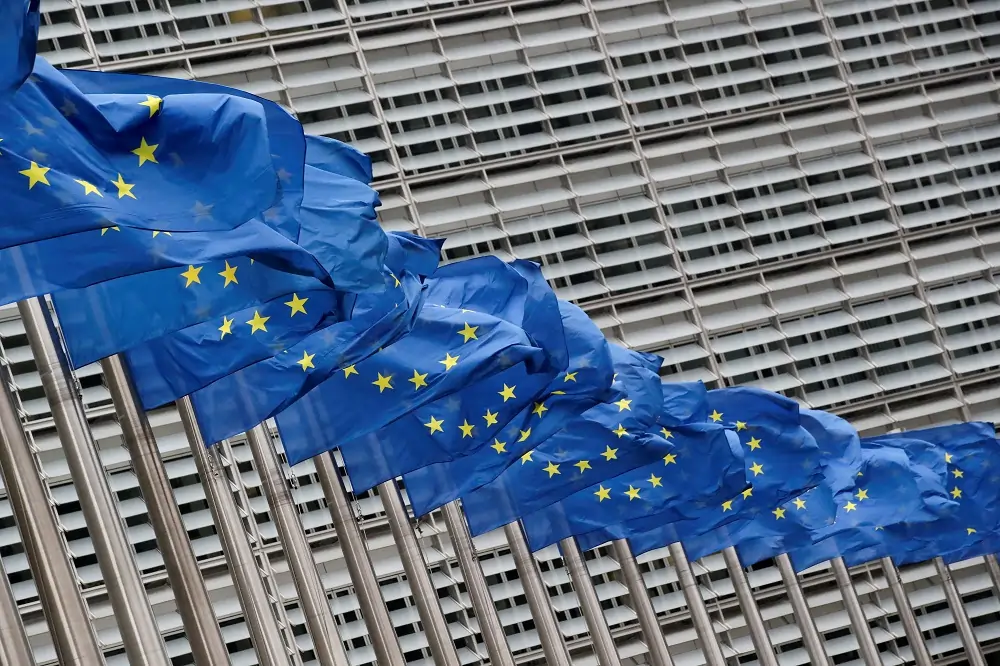
(Reuters) -The European Union is dealing with an increase in legal and illegal migrant arrivals, spurring some member countries to temporarily reintroduce border checks within what is normally a wide area of free movement – the Schengen zone.
Schengen’s rules allow this “as a last resort” to avert serious threats to internal security or public policy.
These countries have reinstated or toughened checks:
* Austria has checks at its border with Slovakia and the Czech Republic, expiring on Oct. 15, and with Slovenia and Hungary until Nov. 11.
It has cited pressure on the asylum reception system, as well as security concerns exacerbated by terrorist groups and criminal networks linked to the war in Ukraine.
* Denmark is carrying out checks on land and sea transit from Germany until Nov. 11, citing terrorist threats related to the Gaza war and Koran desecrations in 2023, and Russian espionage risks.
* France cited pressure on the reception system and threats of terrorism in reintroducing checks on its borders with Schengen countries, to last until Oct. 31.
* Germany plans to introduce tighter control at all of its land borders on Sept. 16, set to initially last for six months.
The country last year announced stricter controls on its land borders with Poland, the Czech Republic and Switzerland. Those and controls on the border with Austria had allowed it to return 30,000 migrants since October 2023, it said.
* Italy’s border checks with Slovenia are due to last until Dec. 18, after Rome flagged a risk of terrorists hiding among migrants in transit on the Balkan route, concerns over the Ukraine war and potential violence related to Italy’s G7 Presidency.
* Norway, which is not an EU member but belongs to the Schengen arrangement, reinstated border controls in ports with ferry connections to the Schengen area until Nov. 11, citing Russian intelligence operations threatening Norwegian exports of gas or military support to Ukraine.
* Slovenia has installed border checks with Croatia and Hungary until Dec. 21, citing a deteriorating security situation in the Middle East and Ukraine, a high threat of terrorism, and organised crime in the Western Balkans.
* Sweden has toughened its border checks until Nov. 11, citing increased risks of violence, including antisemitic attacks, following the Gaza conflict.
* Finland closed crossing stations on its land border with Russia – not a Schengen state – for an indefinite period in response to a surge of asylum seekers from third countries that it said had been orchestrated by Moscow. The Kremlin denied the allegation.
Helsinki also added several ports to a list where travel from its eastern neighbour is prohibited.
(Compiled by Stéphanie Hamel and Olivier Sorgho in Gdansk; additional reporting by Elviira Luoma, Jesus Calero and Alberto Chiumento; editing by Kevin Liffey, Mark Heinrich and Milla Nissi)


